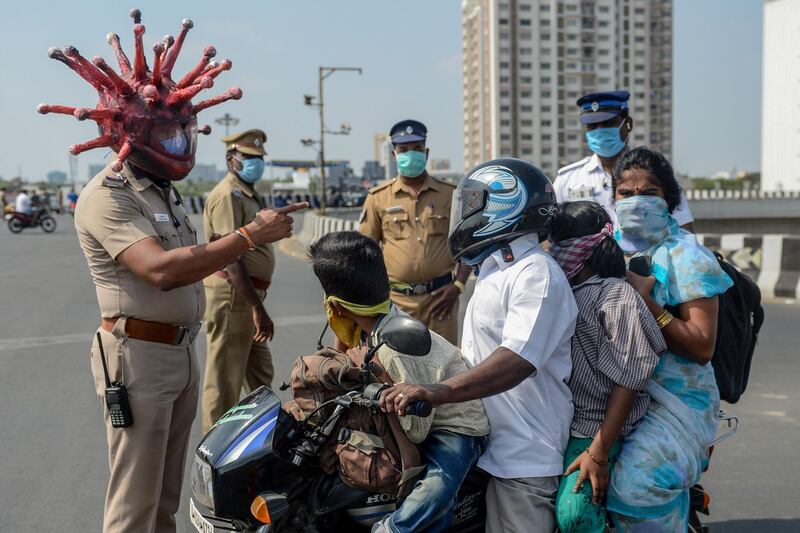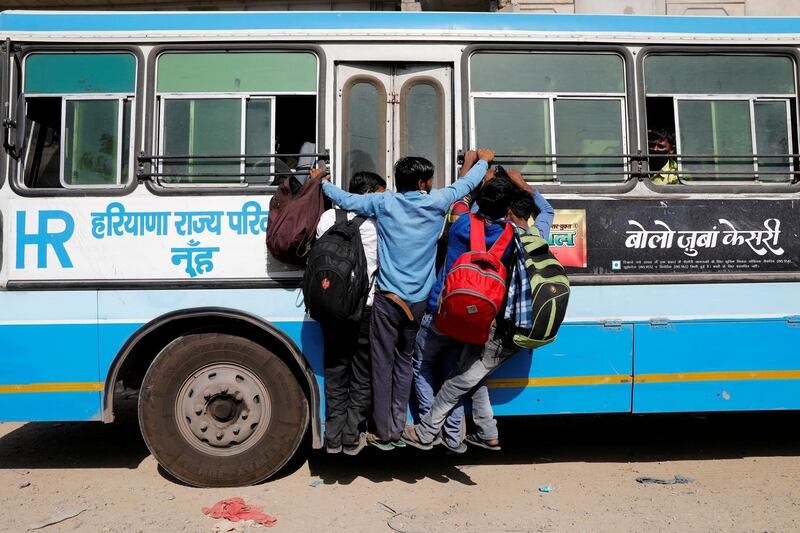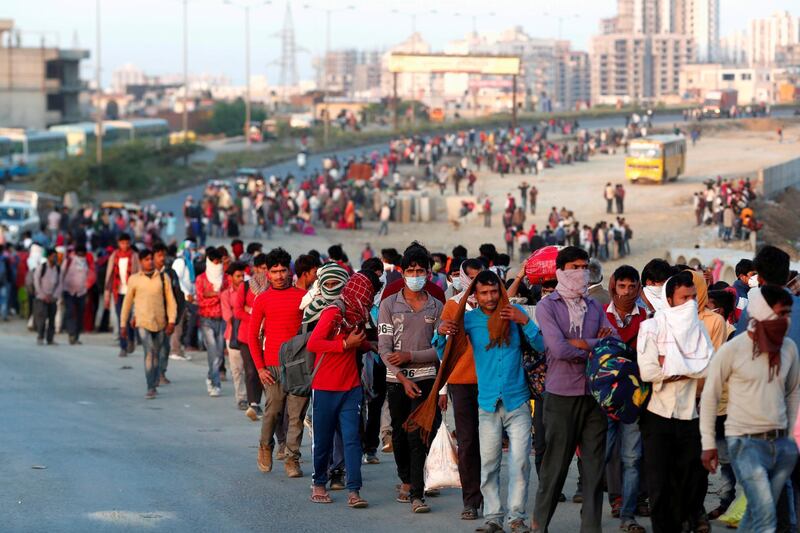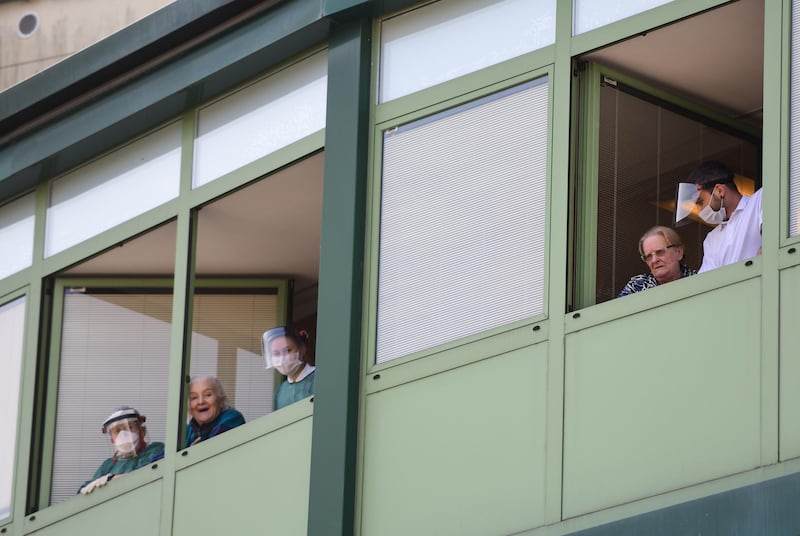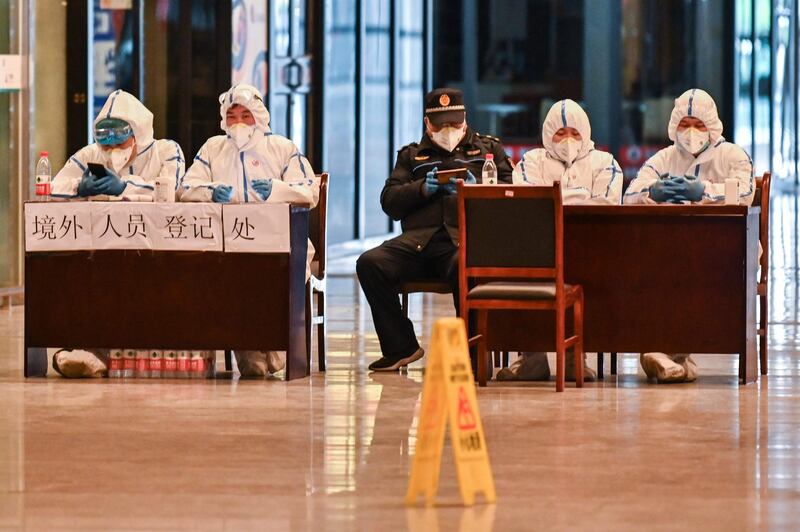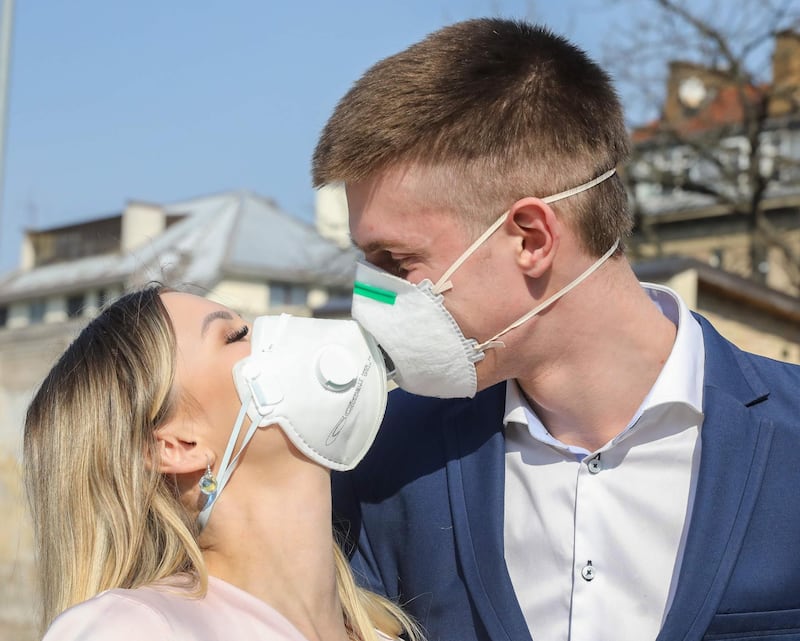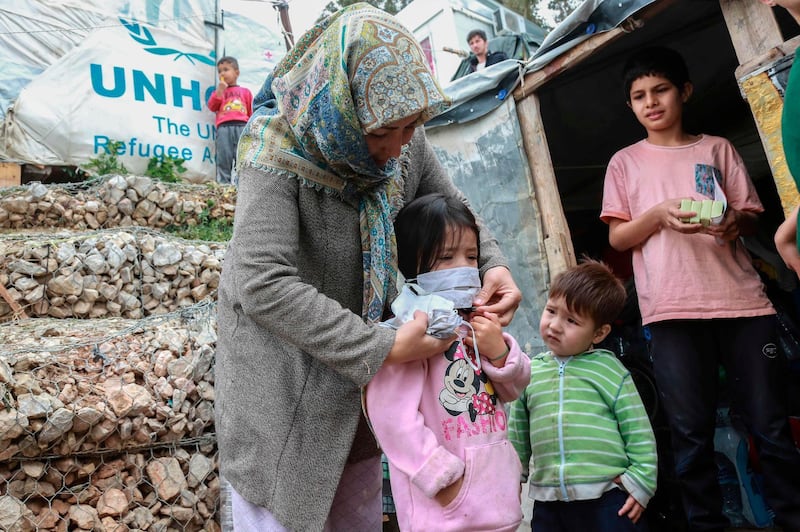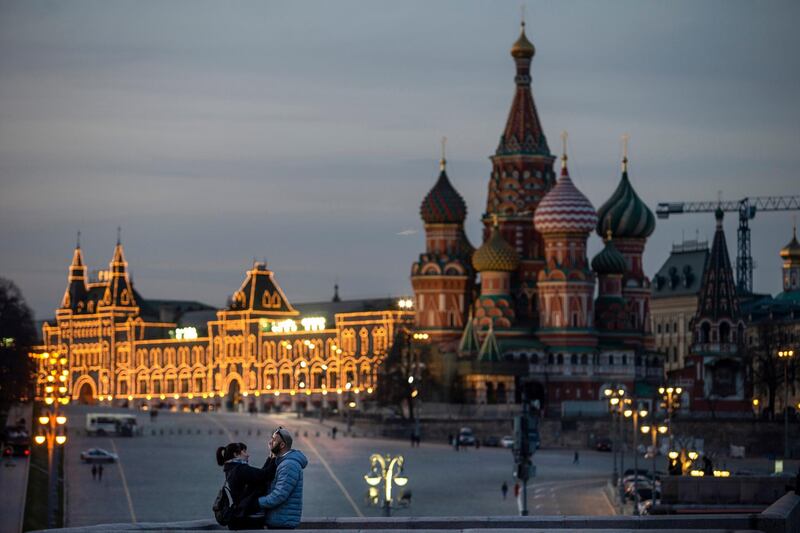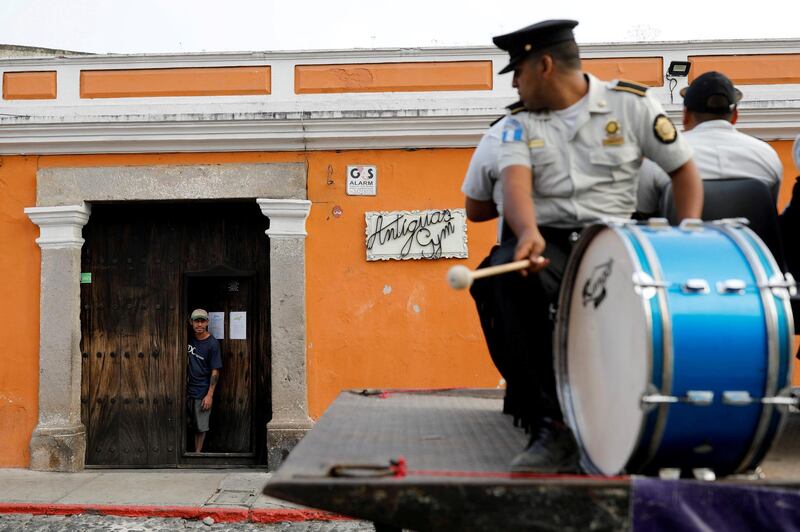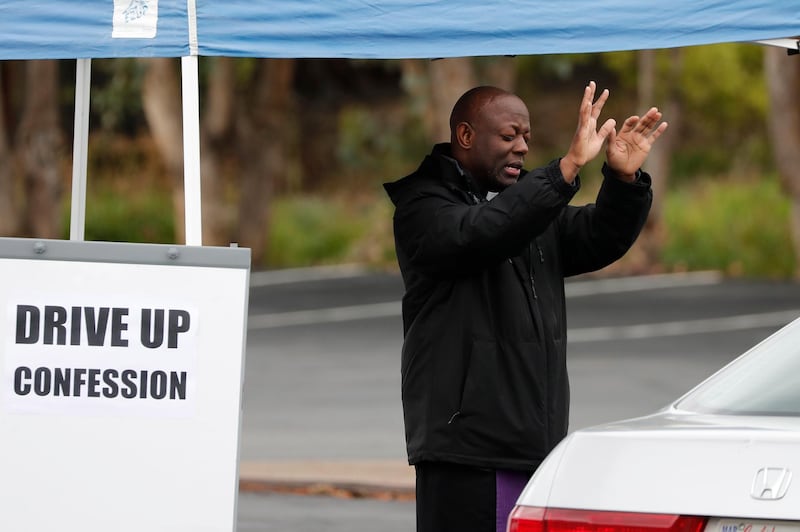The UK could face some form of lockdown for at least six months to contain the coronavirus, a senior official warned.
England's deputy chief medical officer Jenny Harries said it was too soon to know if measures introduced last week had reduced the virus spread's peak in Britain.
The policy will be reviewed every three weeks, Ms Harries said.
"We must not then suddenly revert to our normal way of living," she said. "That would be quite dangerous.
"If we stop, then all of our efforts will be wasted and we could potentially see a second peak.
"Over time, probably over the next six months, we will have a three-week review. We will see where we are going.
"We need to keep that lid on and then gradually we will be able to hopefully adjust some of the social-distancing measures and gradually get us all back to normal."
Sightline with Tim Marshall - Europe under Coronavirus
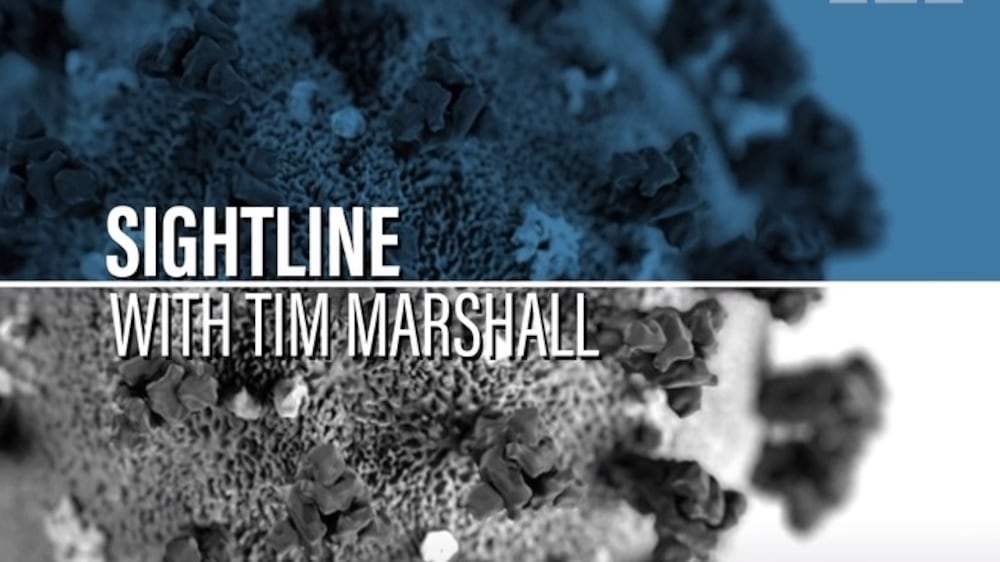
To support under-resourced front-line health workers, the UK government has turned to companies including a major drinks maker to boost the production of hand sanitiser and personal protective equipment.
Red tape has also been slashed and local authorities will be asked to speed up safety assessments of protective equipment as a priority.
The border force will also be given guidance on importing and safety testing hand sanitiser.
The BrewDog drinks supplier and major chemical producer Ineos are among those that offered to develop sanitiser amid fears that over-worked doctors, nurses and other health workers did not have enough protection against the coronavirus.
Members of the public have been accused of stealing sanitising products from hospitals, with some medical centres forced to tie hand gel to patients’ beds.
James Watt, co-founder of BrewDog, said his company had been making hand sanitiser at its distilleries and would provide it free to charities and frontline workers.
Ineos Chairman Sir Jim Ratcliffe said his company planned to build two factories in the UK and Germany in less than 10 days to produce and supply a million bottles of sanitiser.
“Applying a commonsense approach to regulation will ensure products are safe and reach the market without any unnecessary delay, getting vital protective equipment such as face masks to frontline staff as quickly as possible,” Business Minister Alok Sharma said.
“Today’s measures will also reduce the burden on business, giving bosses much-needed breathing space to keep their workers employed and their companies going."
New figures revealed that more than 1,200 people with coronavirus have died in Britain.
Cabinet Secretary Michael Gove warned on Sunday that a country-wide locked down brought in last week could go on for a “significant” period of time.
Prime Minister Boris Johnson, who tested positive for the disease, said the initial shutdown would be for three weeks.
In a letter to the country he said “things will get worse before they get better” as he urged people to stay at home.
